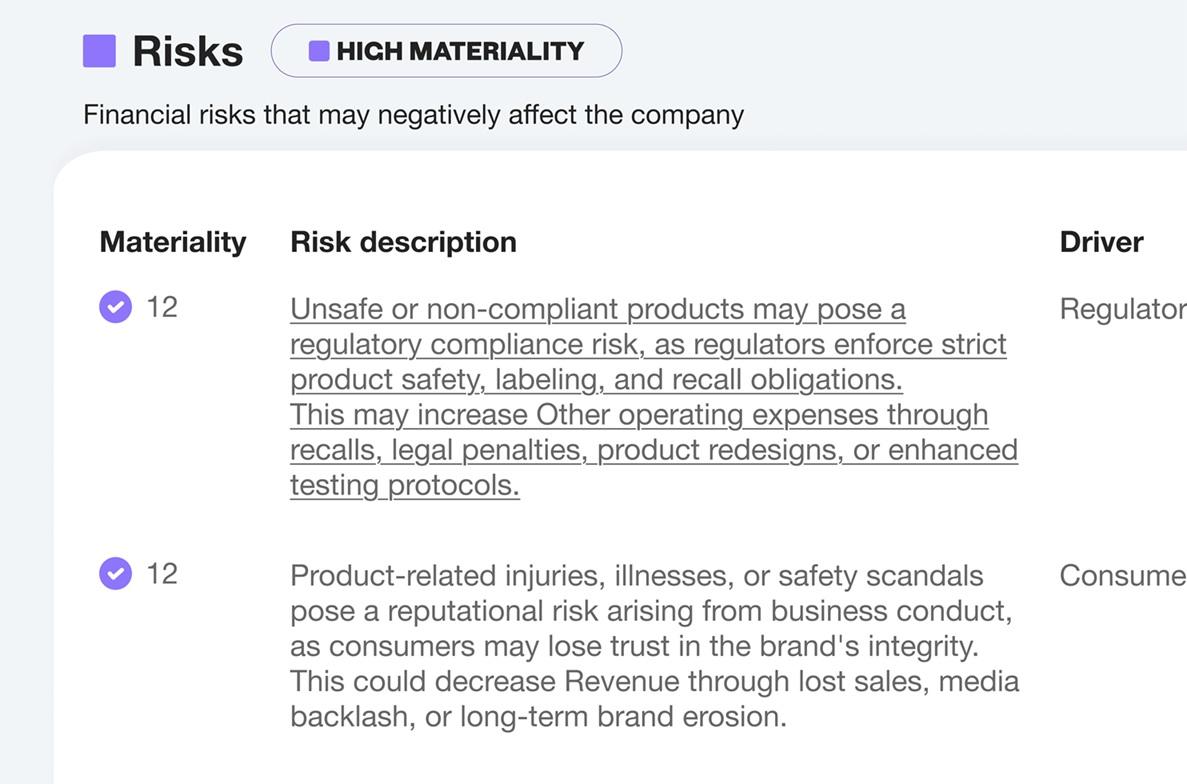The recent explosions at the Azot chemical plant in Russia underscore a critical vulnerability in the nation’s industrial infrastructure amid ongoing geopolitical tensions. As military operations intensify, the implications of such attacks extend beyond immediate damage; they threaten to destabilize supply chains and compromise national security. The incident raises pressing questions about the resilience of Russia's industrial capabilities and the potential for further escalations in conflict. With the backdrop of a protracted war, the targeting of key facilities signals a strategic shift in operational tactics, aiming to disrupt not only military logistics but also civilian infrastructure that supports the war effort.
In light of these developments, the key takeaway is the urgent need for enhanced security measures at critical industrial sites. The Azot plant incident serves as a stark reminder of the interconnectedness of military and civilian sectors in times of conflict. Stakeholders must reassess risk management strategies and invest in robust protective technologies to mitigate vulnerabilities. As the situation evolves, the implications for both domestic policy and international relations are profound; nations must navigate the delicate balance between military preparedness and the safeguarding of essential civilian infrastructure to maintain stability in an increasingly volatile environment.







